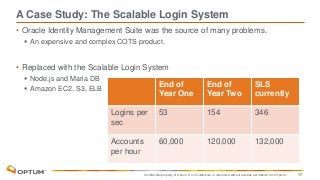
Insurers will conduct a home inspection in order to determine a property's risk level. They can use this information to estimate the replacement value of a house and determine if the property is susceptible to disasters such as fire or water damage.
An insurer may ask you to undergo a home-inspection before insuring your house for a variety of reasons. This includes limiting their risks to stay afloat and provide better coverage, as well as ensuring you get the most affordable rate possible.
If you want to avoid a home-inspection, you have several choices. If you don't want to have your home inspected, there are several options available. This is a great option if you've had trouble finding coverage through a traditional company. It could also save you some money.

Another option is to get coverage through an insurance company that specializes in high-risk properties. These policies are usually more expensive than regular home insurance policies. However, they may be a good choice for homeowners who find it difficult to get coverage.
The surplus market is another option. Insurance companies are not required to be licensed and their policies are not backed financially by the state. These policies will cost you more than traditional policies for home insurance. However, if the risk of filing a lawsuit is low, you may want to purchase them.
A homeowner's insurance inspector will inspect your home's outside. They'll take measurements of your house, look for any special features or architectural elements you have and check the quality of the materials that were used in its construction. The inspectors will also check the roof, heating, electrical and plumbing systems to make sure they are in good working order.
The inspector may also perform a pest and infestation check. This is useful in particular for homes where there has been a history with rodents or termites. They will check for possible breeding grounds, and any signs of water damage.

Some insurance providers will send you a written home inspection notice in advance so that you are prepared for the visit. The inspector will send you a comprehensive report that details any issues.
If the inspector finds problems with your home's plumbing system, for example, it may be time to hire a professional plumber to complete the repair. A home inspector is not able to provide a cost estimate for the repairs. Therefore, it's better to work with a qualified professional who can explain the necessary repairs.
The inspection process can be a pain, but it's well worth it to make sure that your home is safe and sound. It will also help you to prioritize necessary repairs so that you can avoid costly renovations down the road.